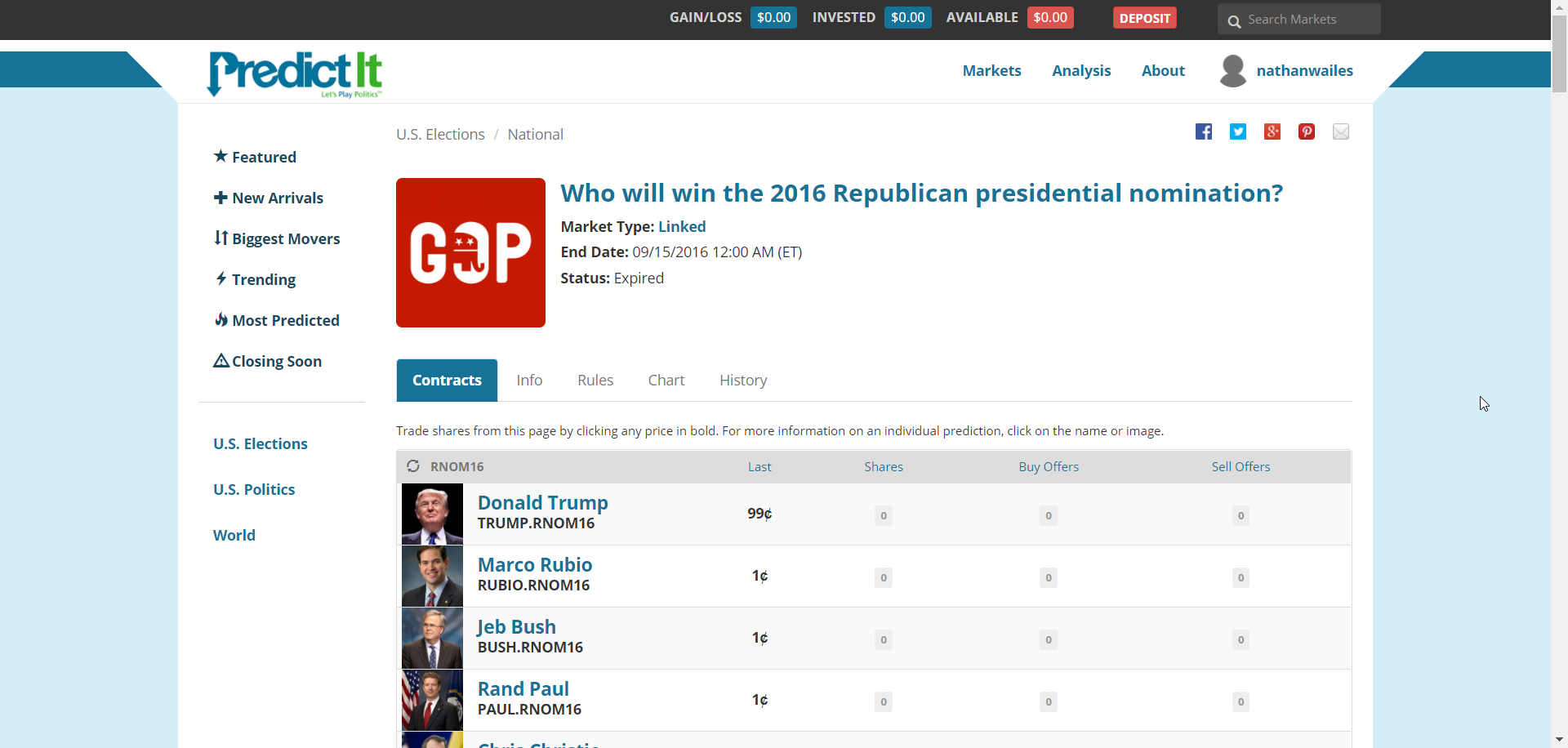“What should I have read to understand what you’re about to talk about?”
As far as I can tell, this idea is mainly based on three things: The Big Short by Michael Lewis (from which I learned how profitable CDS can be), Kyle Bass’s 2010/2011 AmeriCatalyst videos (from which I learned how profitable a bet against indebted countries could be), and my CFA Level 1 Alternative Investment textbook’s explanation of what ETFs are (from which I learned how useful ETFs can be). Google them to find them.
“What’s the idea?”
Create an exchange-traded fund (ETF) that is completely invested in a certain credit-default swap (CDS). Basically, it’ll be a way to let the little guys out there with not that much money place bets on whether certain countries/companies will default on their debt.
“ETF? CDS? Huh?”
An exchange-traded fund (ETF) is a fund that is bought and sold on a stock market like any other company. ETFs make it easier to quickly buy and sell small pieces of things that would otherwise be difficult to buy and sell. For example, the most popular ETFs nowadays allow people to buy and sell packages of stocks; there are S&P 500 ETFs, tech stock ETFs, etc.
A credit-default-swap (CDS) is basically a life-insurance policy on bonds sold by a particular company or country; it protects people in case the country/company is unable to pay back the bond. CDS became famous after a bunch of hedge fund managers (the first being Michael Burry) used them in 2008 to make a killing off the subprime mortgage collapse, and for some unknown reason banks are still selling CDS at very low prices. Warren Buffett has said that he would charge much, much higher prices for CDS.
“Why would a hedge fund want to do this?”
It’ll be a way for a hedge fund to profit from the large body of people out there who are nervous about the state of the world right now. On 2012/01/30 the WSJ had an article that said you could pay $155,000 for a CDS on $10 million worth of Japanese government debt. If I understand this stuff correctly, that’s like a bet where you lose $1.50 if you’re wrong and gain up to $100 if you’re right; or to use a more pertinent example (based on the dollar amounts individual investors typically trade), a bet where you lose $150 if you’re wrong and make up to $10,000 if you’re right. I would bet that a LOT of small investors would want to get in on that bet if they had the chance, but the problem is that CDS are typically only negotiated between the big guys in the market (big banks and hedge funds with hundreds of millions of dollars under management). So if you could buy CDS from a big bank at a low price and sell shares of that bet to smaller investors at a higher price, you could make a profit regardless of how the bet eventually turned out.
“Why are you so confident people would want shares of the ETF?”
Well…1) The Big Short was a very, very popular book, and CDS was the centerpiece of the entire thing. 2) In just 2-3 months after Kyle Bass recommended the stock of a particular mortgage insurance company (MTG) at AmeriCatalyst 2011, the value of the stock almost doubled, which suggests that a lot of people are paying attention to Bass’s ideas. If word spread that people could get in on a Kyle-Bass-style CDS bet against Japan, I think it would have the potential to go viral. The sheer novelty of the idea could make headlines.
“What’s the downside risk here?”
Well…one risk is that no one will buy shares in the ETF. If that happened you’d be stuck with the CDS unless you could re-sell it. But the CDS doesn’t seem to be such a bad bet; I spoke to one guy who works at a fund-of-funds who said that his fund would have invested with Kyle Bass if they knew that his Japan bet would pay off this year (his Japan bet is to buy CDS on Japanese gov debt). Their (fund-of-funds’) problem was that they couldn’t afford to have their money sitting around for 3 years waiting for a big payoff, because the people who have invested with them follow the fund’s yearly returns and will pull their (investors’) money out if they (the investors) don’t see results every single year. Re-selling the CDS via an ETF could solve their problem because they could make an immediate profit from arbitraging* the difference in price between what the banks are willing to sell at and what individual investors are willing to buy at.
“Would this even be allowed by the SEC?”
I’m honestly not sure. My guess is that the big hurdle here would be the fact that only accredited investors are allowed to invest in hedge funds, and CDS is something that is typically done only by hedge funds. On the other hand, though, since little guys are allowed to invest in mutual funds / pensions that invest in hedge funds, and little guys are allowed to invest in ETFs, it seems plausible to me that the ETF would be allowed if structured the right way. And from the SEC’s perspective, this could actually be a better way of pricing CDS: one of the touted benefits of a futures exchange is its ability to help find more efficient prices for goods, and so if there are tons of little guys out there bidding up the price of CDS, regulators might not have to worry as much about making sure banks are shooting themselves in the foot by selling the stuff too cheap. That’s a thought, anyway; I’m new to this stuff, so I could be way off here.
*when I say “arbitrage” I’m using it in the colloquial sense, not the strict sense of “riskless profit”.
If you found this interesting, you can follow me on Twitter.

